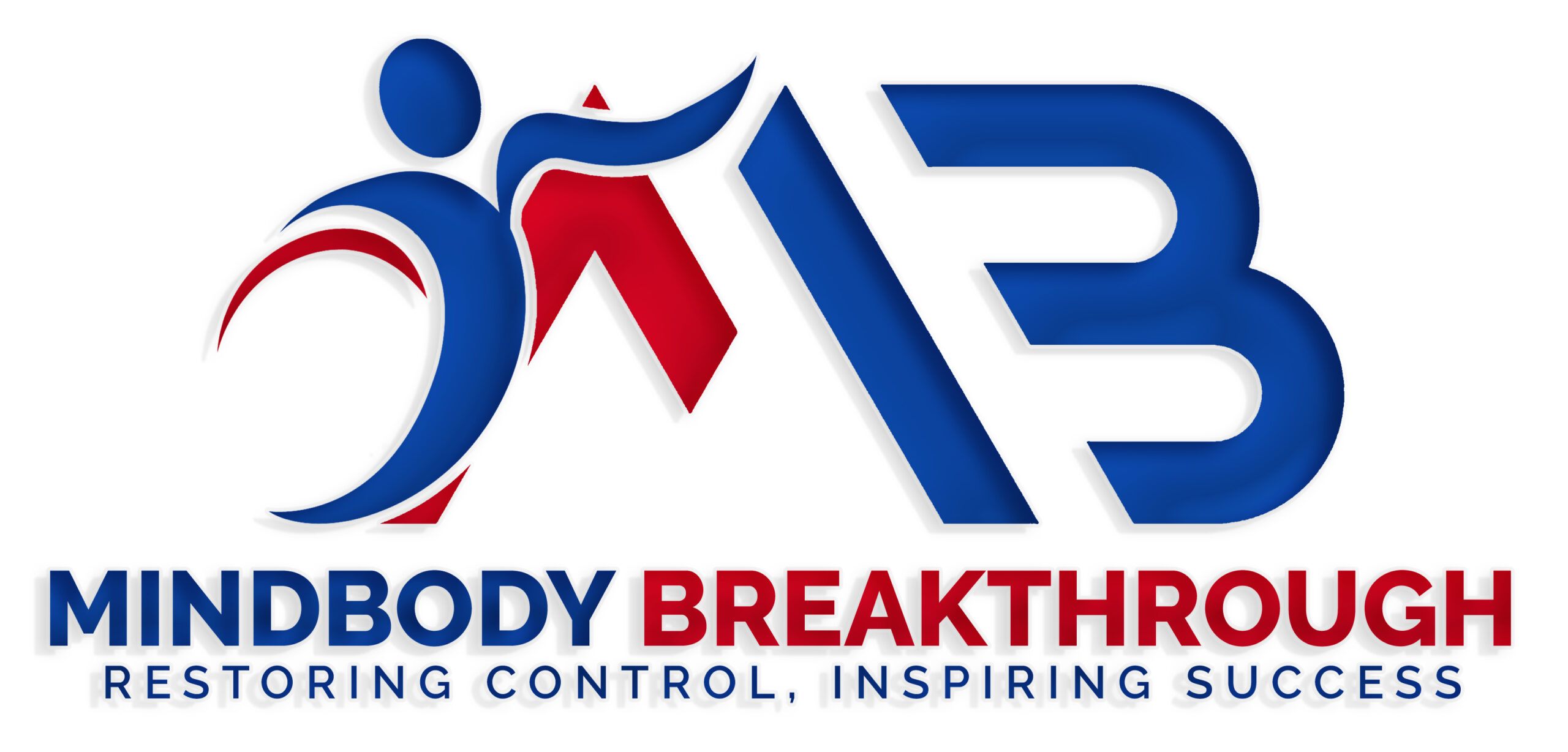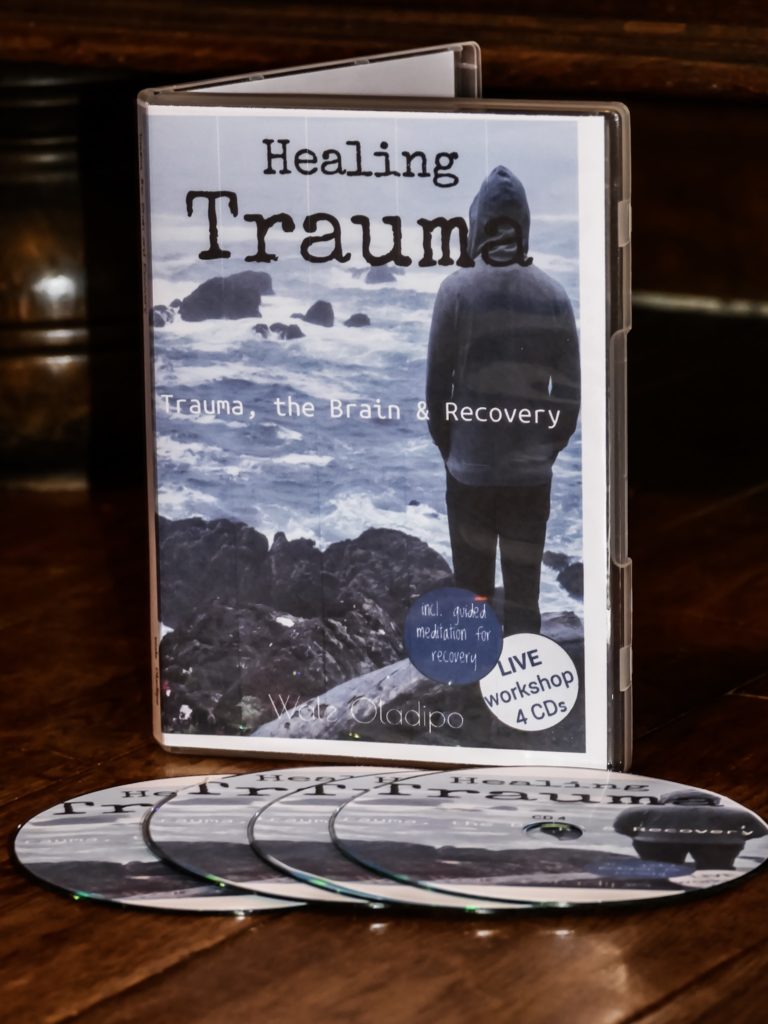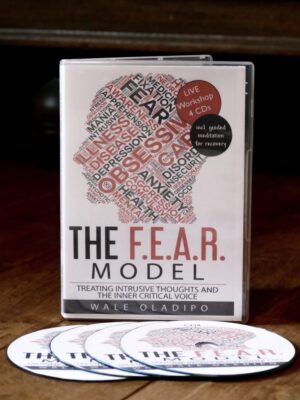“I have had personal traumatic experiences in my life. The course was very informative. It has helped me a lot. Thank you..” —R. Silver, Sufferer
“Such an enlightening course! So well delivered.”
—T Smith, Hypnotherapist
“Very comprehensive and understandable. Really excellent course. Wale was very knowledgeable and excellent to listen to.”
—P. D’ Ama, Independent Consultant and Coach in EQ
People’s reactions to traumatic events range from mild distress to severe disruptions that make it difficult or impossible to function. This CD programme provides an indepth understanding into the brain science of trauma and the effective recovery tips:
Types of trauma:
- Childhood maltreatment (neglect, physical abuse, sexual abuse, emotional/psychological abuse)
- Domestic violence (victim or witness)
- War-related trauma (including terrorism and political)
- School and community violence (including bullying)
- Traumatic loss
- Accident, illness and medical trauma
- Separation trauma











